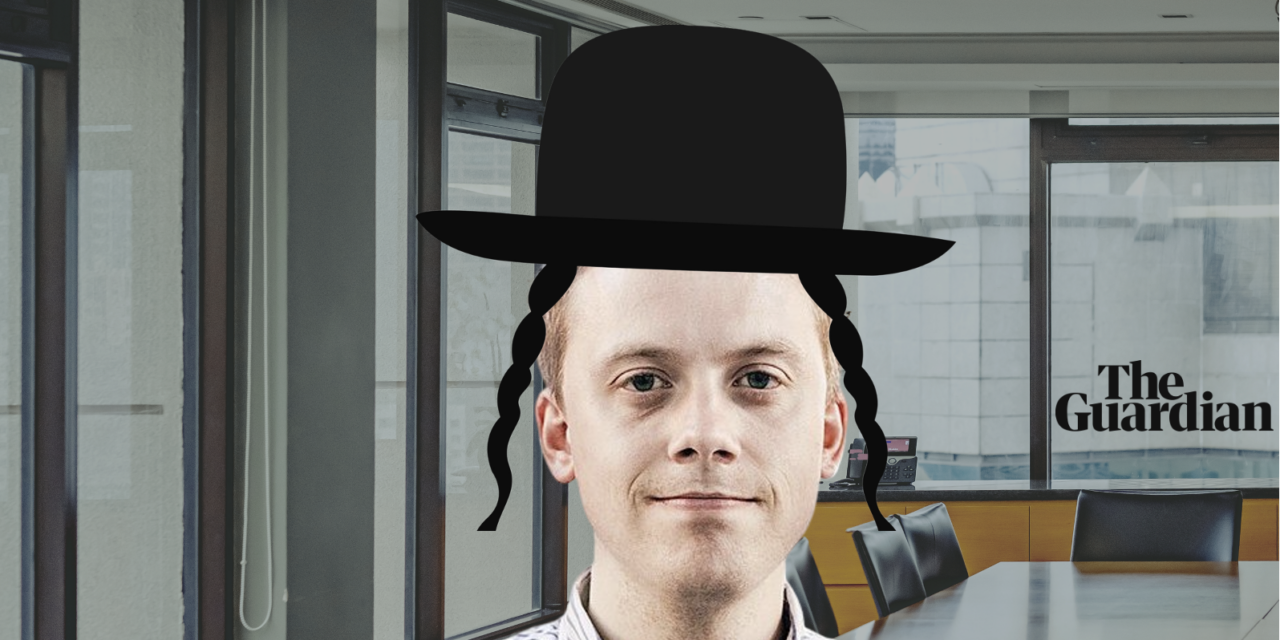The Guardian has introduced a new initiative to tackle systemic racism in the workplace. The paper has announced a new event called “Go to work dressed as a Jew day” as part of its efforts to promote diversity and inclusion. The paper recently came under fire for what many described as an antisemitic cartoon featuring former BBC Chairman Richard Sharp.
According to The Guardian, this initiative will encourage employees to “walk a mile in someone else’s shoes” and help them understand the experiences of the Jewish community. The event will see employees dress up in traditional Jewish attire, including kippahs, tzitzit, and tallitot, and go about their daily work activities.
While some have praised the move as a bold step towards promoting understanding and acceptance, others have expressed concerns that it may be misguided. Critics have pointed out that the event could be seen as trivializing the experiences of Jewish people and turning them into caricatures.
Moreover, the Guardian’s history of blatant anti-Semitic coverage raises questions about the sincerity of its efforts to tackle systemic racism. The paper has been accused of consistently publishing articles that demonize Israel and the Jewish people, while turning a blind eye to the very real instances of anti-Semitism that exist in the UK and around the world.
Many have pointed out that it is strange for a newspaper with such a record of anti-Semitic bias to suddenly launch an initiative to combat racism against Jewish people. It is almost as if they are attempting to mask their past misdeeds with an empty gesture that ultimately does nothing to address the root causes of anti-Semitism.
“Our intentions are kosher,” says Owen Jones, 14. But while initiatives like “Go to work dressed as a Jew day” may seem like a positive step forward, it is important to remember that true progress can only be made when people are willing to confront their own biases and prejudices. The Guardian’s history of anti-Semitic coverage suggests that they have a long way to go before they can truly be considered an ally of the Jewish community.
In the end, it is up to each individual to decide whether or not they wish to participate in initiatives like “Go to work dressed as a Jew day.” However, it is important to remember that true progress can only be made when we are willing to look past the surface level and address the underlying issues that contribute to systemic racism and prejudice.
















